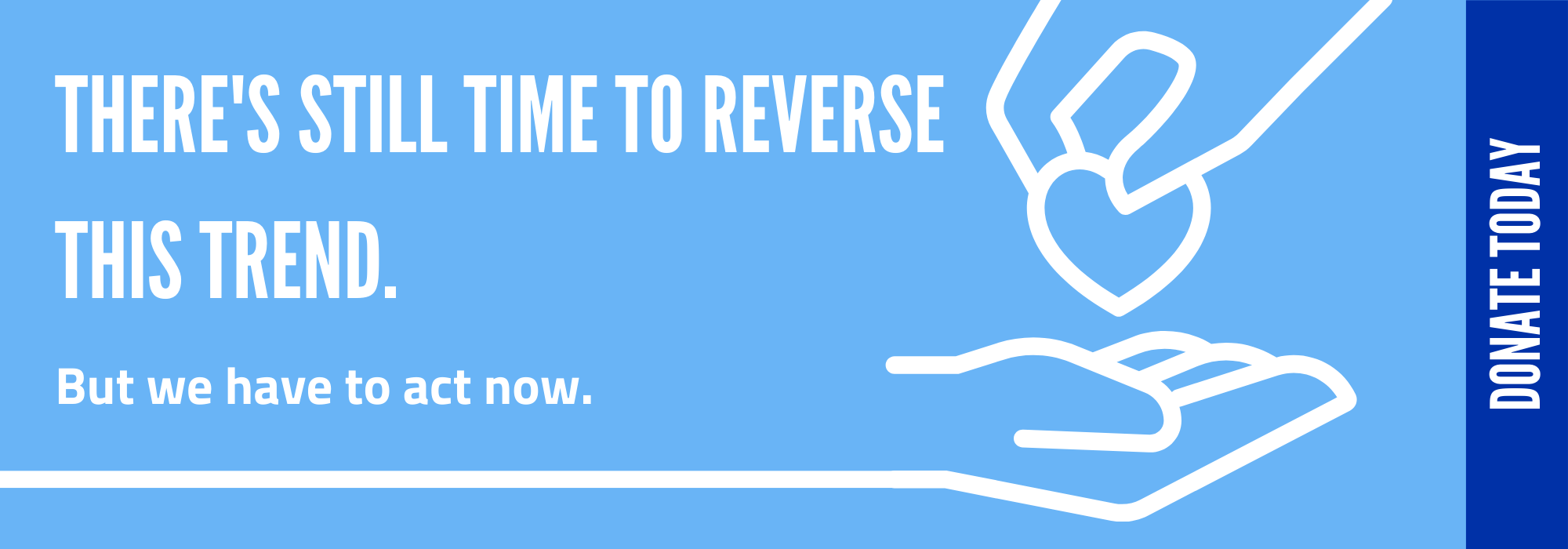
Every year, we learn more about how many people are sleeping rough in London and why.
This data comes from the Combined Homelessness and Information Network (CHAIN) who are funded by the Greater London Authority (GLA) and managed by Homeless Link. This report provides us with the most in-depth data on the state of homelessness in London for people sleeping rough.
The picture revealed in this data is pretty stark: we’re seeing much higher rates of homelessness and few successful solutions in place. This also reflected in the rise in demand for our services we’ve seen over the last year. But we know change is possible if we understand the issues and act on them following the lead of people with lived experience.
Below are The Connection’s top five takeaways how many people are sleeping rough, who are they and what issues they face.
- Rough sleeping in Westminster, as with London as a whole, has increased by 21% to affect 2,050 people in 2022/23. For perspective, if all these people stood on top of each other, they would reach the height of Nelson’s column 68 times over.
- 53% of these people were sleeping rough for the first time in Westminster, perhaps showing how the increasing cost of living crisis is having a devastating impact on people as more and more people are forced out of their homes.
- 49% had mental health needs, 31% had drug-related support needs, and 29% had alcohol-related support needs. This indicates that we urgently need to ensure that people are getting the treatment they need.
- Just over 25% of people new to the streets were in private rented accommodation prior to becoming homelessness, which could indicate how rising rents are becoming increasingly unaffordable to many.
- Over the past decade, we’ve seen an increase in rough sleeping in London each year, apart from 2017/18 and 2021/22.
Out of these 2050 people, only 53 were supported into long-term accommodation. This suggests an acute shortage of affordable, supported accommodation for people who have been sleeping rough and needs to be addressed.
We’re feeling the impact of this in our centre. Every day, we see new people coming to Adelaide Street to discuss their plans for the future and get basic support like a hot meal or shower. Currently, up to 115 people visit us every day, compared to just 66 people this time last year (on average).
One of the main barriers to leaving homelessness behind is the lack of support for people facing addiction and mental health concerns. This can make asking for support more difficult and creates a vicious cycle which is hard to escape. We’re actively working to ensure better support is there for the people who need it most, both within our centre and in Westminster.
Many of us are aware of how rising rents are dramatically affecting our day-to-day lives and budgeting. This has driven many to the edge and without the right support, these people could fall into long-term homelessness.
This increase is devastating news, and it’s important to remember that behind these statistics are people who have been let down by the systems in our society that should protect them and are at increasing risk of harm and trauma the longer they experience homelessness.
During the pandemic, we saw the progress that could be made in providing accommodation during Everyone In. We can now see that this progress is being undone and we risk going backwards, almost returning to pre-pandemic levels. We urgently need to address the inequalities and structures that contribute to the root causes of homelessness.
At the current rates we’re seeing, the Government will not reach its target of ending homelessness by 2024, yet the solutions needed to reach this goal are clear:
What can you do about this CHAIN Data?
The situation on London’s streets is worsening for many. You can help us bring people inside to a safe and warm space.
There are loads of ways to support our work from sharing this blog for awareness to donating to raising concerns with your local MP.
We appreciate every bit of support we get and are grateful to everyone who does what they can to help us make London a city where no one sleeps rough on our streets. Thank you.

